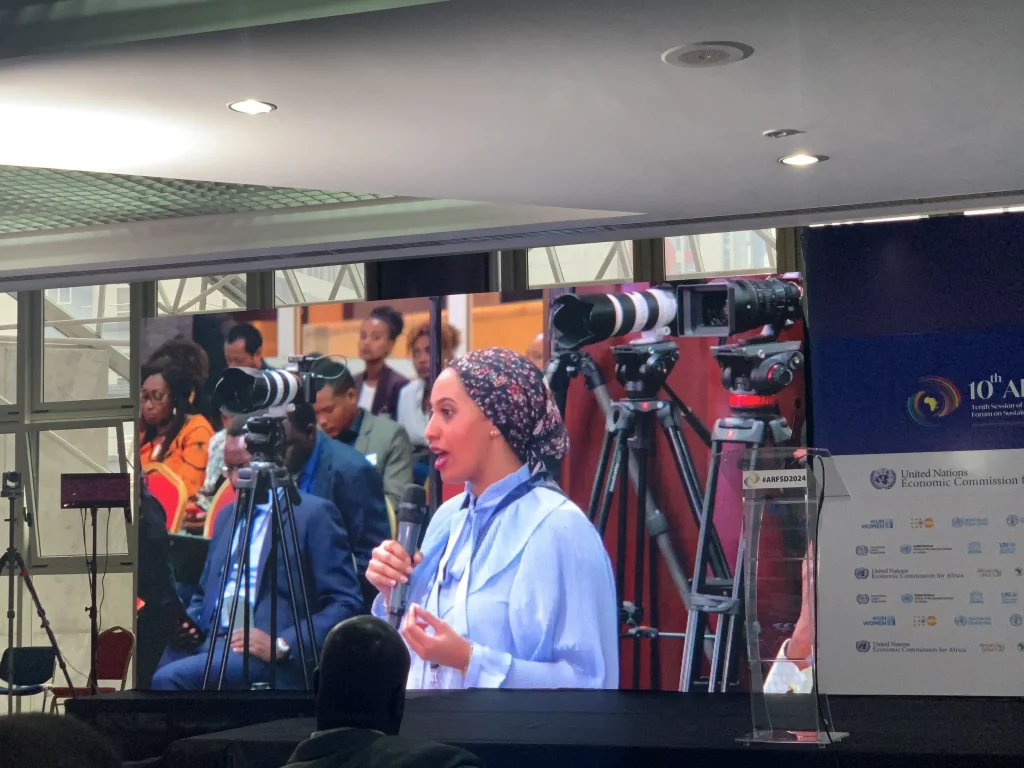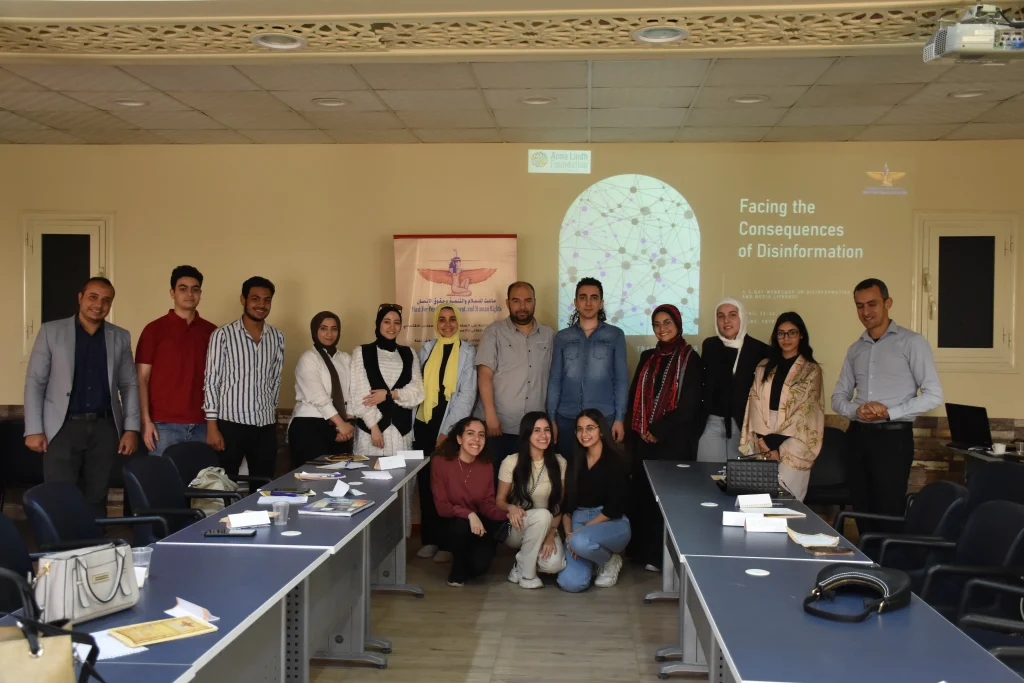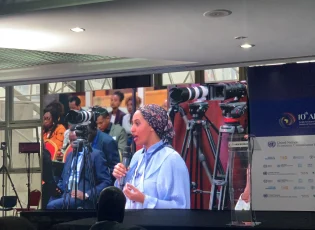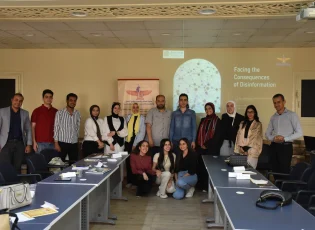Maat Warns against the Deteriorating Education Levels in the Fragile States: SDG 4 is in Danger
Okeil: We call on international donors concerned with supporting education programs to intensify their programs in fragile countries
Mariam Salah: We recommend international organizations to pressure the Taliban to reconsider its decision on denying girls access to education
Maat for Peace, Development and Human Rights has warned of the negative impact of fragile and conflict-affected countries on the education sector and the decline in indicators for achieving SDG 4. This came in a study issued by Maat on the sidelines of its participation in the High-level Political Forum (HLPF) 2022, entitled "Ensuring Equitable, Inclusive and Quality Education for All... What about the Repercussions of Covid-19 in Fragile Countries?"
The study discussed the impact of Covid-19 on the achievement of SDG 4, which has to do with quality education in fragile states. The education sector is negatively affected by the tense conditions in these fragile countries and the situation is even exacerbated by the spread of Covid-19. The study focuses on four countries as case studies for those who suffer from political and security crises, which are the Democratic Republic of the Congo, Afghanistan, Lebanon, and Ukraine. The study focused on the most troubled countries at the present time in each of the following regions; Africa, Asia, Europe, and the Arab region, with each having different reasons for the outbreak of wars, and they all experience a decline in indicators for achieving SDG 4.
Through monitoring and follow-up, the study confirmed that the DRC’s closure of schools in 2020 due to the Covid-19 pandemic has disrupted the education of 27 million children, including 12.9 million girls. It is estimated that about 6 million children and adolescents were out of school before the spread of the pandemic. The study estimated that 3.7 million children in Afghanistan are out of school, 60% of whom are girls, stressing that Afghanistan has always been a hotbed of gender inequality, especially in education.
During the recent crisis in Ukraine, the education sector was severely affected. Targeting schools has threatened the lives and futures of 7.5 million children, and up to 10 children were killed in the fighting. Educational facilities were bombed across the country. The conflict in eastern Ukraine has also destroyed more than 750 schools. In Lebanon, the study confirmed that 74% of the population suffers from poverty. The first solution presented is to direct efforts to develop formal education, but the years of negligence and the absence of oversight over public schools, especially in remote areas, placed formal education in an unfavorable condition.
In this context, Ayman Okeil, the human rights expert and president of Maat, indicated that children in conflict areas and fragile states live amidst ongoing wars and they are the most vulnerable to the severe effects of the Covid-19 pandemic, which stresses the need to support children's education in those areas. This role is entitled to institutions concerned with improving the situation of education in conflict areas and fragile states.
Okeil called on international donors concerned with supporting education programs and strategies to intensify their education programs in conflict areas and fragile states, and to encourage those governments to issue national programs to reform the education sector in line with the achievement of SDG 4, emphasizing the keenness of all governments to abide by international agreements to protect children, as well as additional protocols.
For her part, Mariam Salah, a researcher in the Sustainable Development Unit at Maat, recommended that the international organizations concerned with women’s rights in education must pressure the Taliban to reconsider the decision to prevent girls from receiving higher education. Salah also recommended civil society and stakeholders working in the field of sustainable development to unite their efforts and find solutions to improve the status of achieving SDG 4 in fragile states, and to pay more attention to marginalized groups.
It is worth noting that Maat is participating in the activities of the UN High-Level Political Forum, held this July in New York City at the United Nations, under the theme "Building back better from the COVID-19 virus while promoting the full implementation of the 2030 Agenda for Sustainable Development", in its capacity as the regional coordinator for the North Africa region in the NGOs Major Group for Africa.

 |
 |











